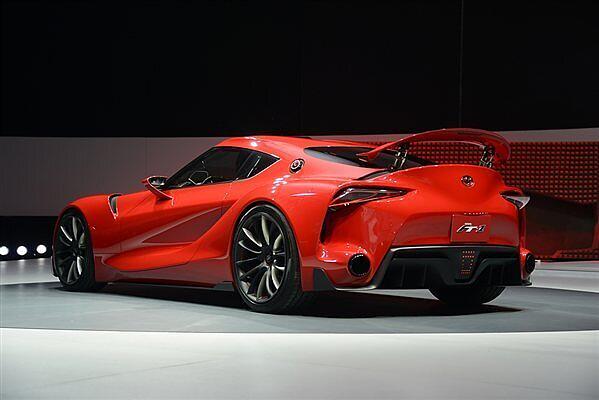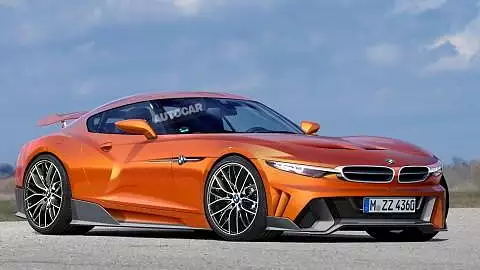The highly anticipated hybrid sportscar, co-developed jointly by BMW and Toyota, has received new details.
The highly anticipated hybrid sportscar has received new details from BMW and Toyota. It will be front-engined and all-wheel-drive, with a supercapacitor-hybrid system derived from Toyota’s Le Mans LMP1 racing car. It appears that the Japanese marque is responsible for the new plug-in hybrid system. Supercapacitors will be used to store kinetic energy temporarily to give the vehicle a performance boost.

Supercapacitors are able to absorb and release kinetic energy faster than lithium-ion battery batteries. This is why both automakers chose them. These are lighter and smaller than lithium-ion batteries and will be used in a BMW body.
A BMW-developed 4-cylinder, 2.0 liter gasoline engine will provide power. It will be paired with electric motors made by the Bavarian marque according to Toyota’s specifications. Toyota is developing an electronics system that will allow torque-vectoring and a sequential manual gearbox.

You can expect to see an aluminum and high strength steel floorpan, as well as carbon fiber applications in non-load bearing areas. BMW will likely use CFRP panels for the outer body, while both cars will feature different interior and exterior designs. The BMW version will replace the Z4, while the Japanese counterpart will succeed the Supra. Both are expected to be available sometime in 2017.
